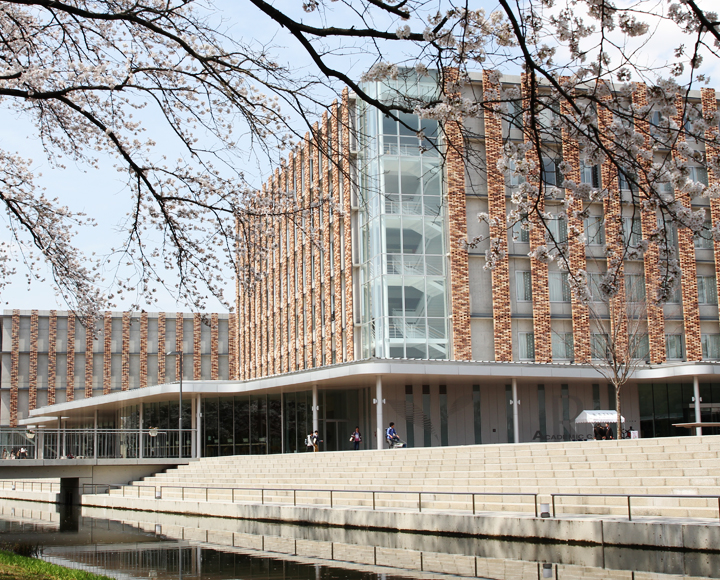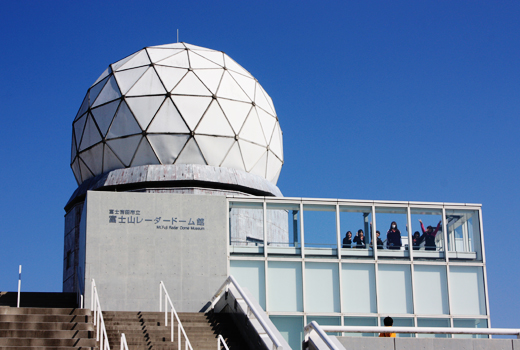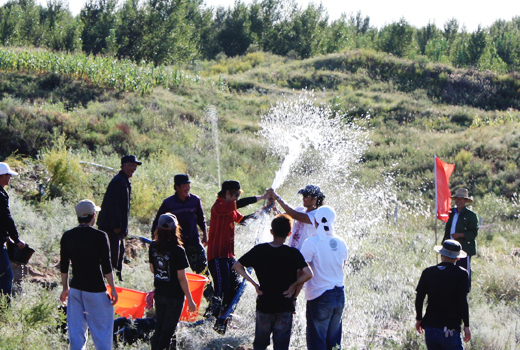
Introduction
Faculty of Geo-Environmental Science

![]()
Wins Good Design Awards 2011
Established in 1998, this faculty aims to foster students who are able to examine and solve the current global and regional environmental issues with a global perspective as well as with a means of new regional analysis. In views of the interdisciplinary and comprehensive nature of the environmental issues, the courses of the faculty consist of two departments: the Department of Environment Systems, which offers natural science courses and the Department of Geography, which offers humanities or social science courses.
These two courses together, while placing emphasis on fieldwork, cover a wide range of various environmental, spatial, and geographical issues. In cooperation with the Geo-Environmental Science Research Department established in 2000, the faculty also makes great efforts in educating foreign students.
Rissho boasts that this is one of the departments of geography with the longest history in Japan (established in 1925). It is more or less human/social science-oriented but also with major subjects of physical geography. A great variety of geographical topical themes are taught together with regional geographies of the world. Students are required to take fieldwork. Much emphasis is placed on geographical data processing and techniques such as Geographical Information Systems(GIS). Many lectures of natural science-oriented Department of Environment Systems are also given.
In this department, students study and engage in research toward the goal of solving diverse environmental problems of the earth through a natural scientific approach. The curriculum is designed to familiarize students with computer as well as basic science and also to enable students to choose, from a great variety, specialized courses suited for their particular field of interest. Dealing with a wide range of areas such as lithosphere, hydrosphere, atmosphere, and biosphere, the department places emphasis on laboratory experiments and training, including remotesensing and various instrumental analysis as well as outside training. As for analytical instruments, we are equipped with ICP-MS (Inductively Coupled Plasma Mass Spectrometry), GC-MS (Gas Chromatographic Mass Spectrometry), and HPLC (High Performance Liquid Chromatography) as well as radiogenic isotopes. Students are free to audit courses offered by the Department of Geography as well, so that they will be able to examine the environmental issues from a wider perspective.






